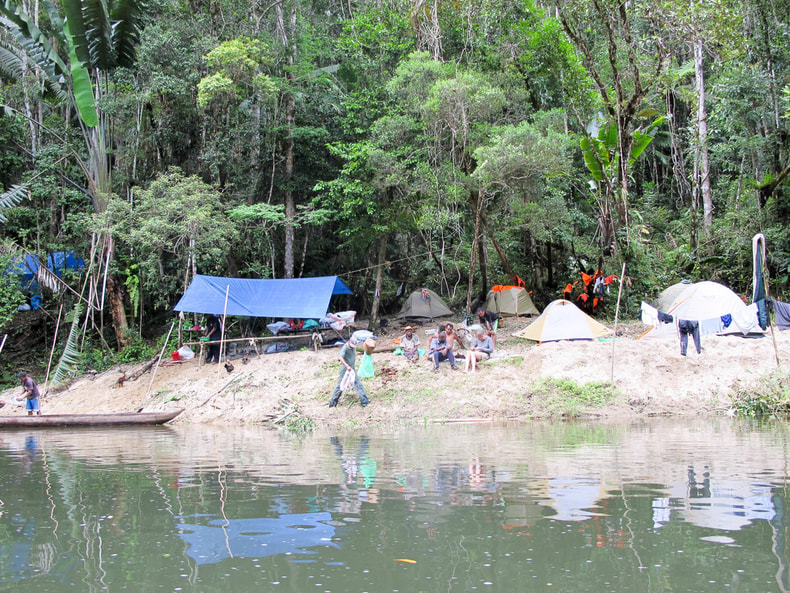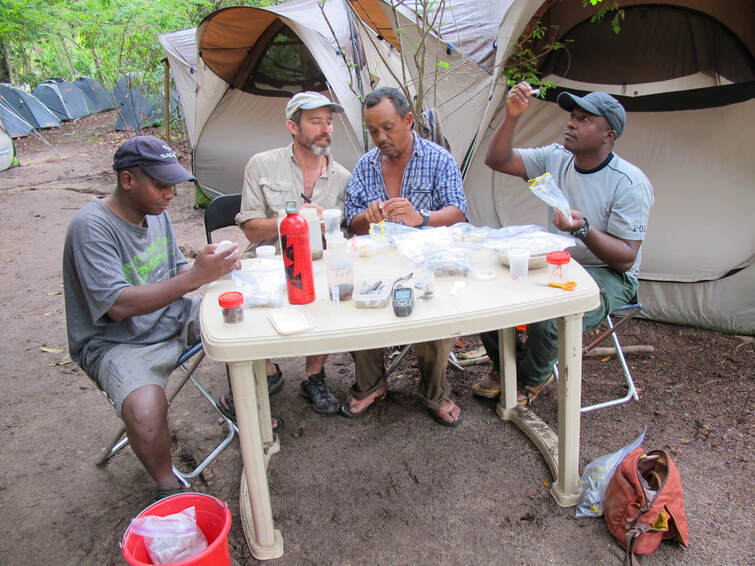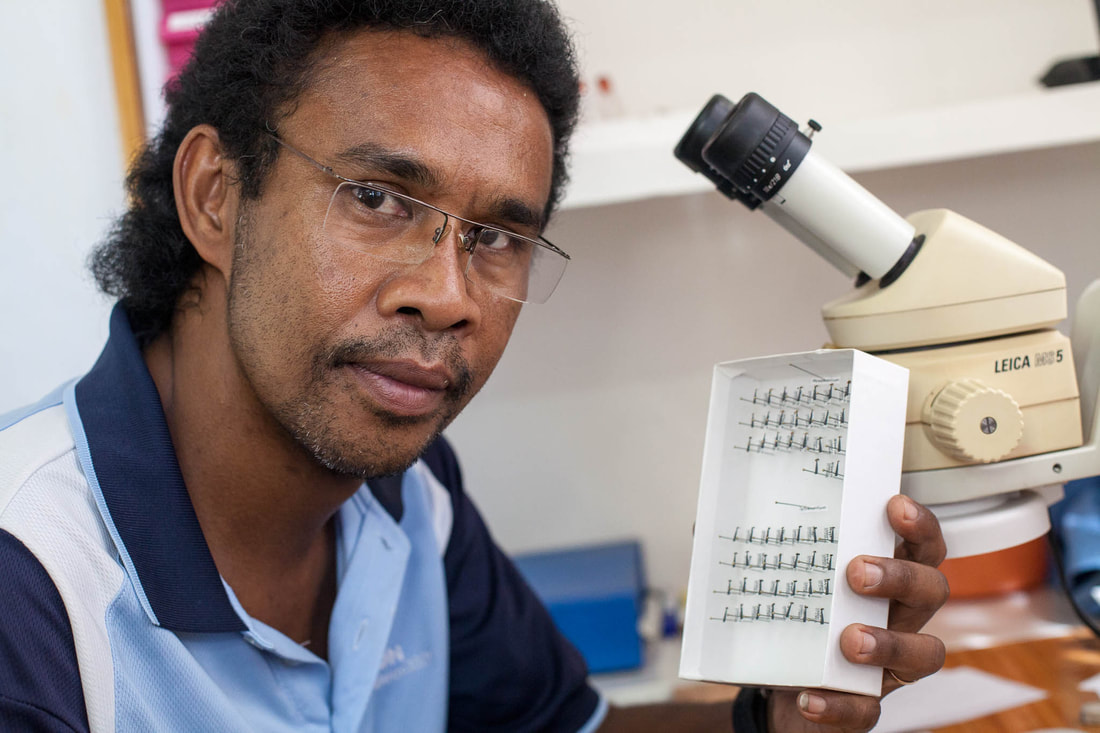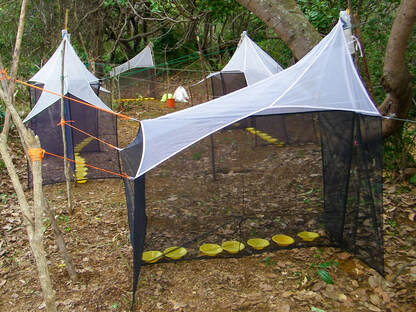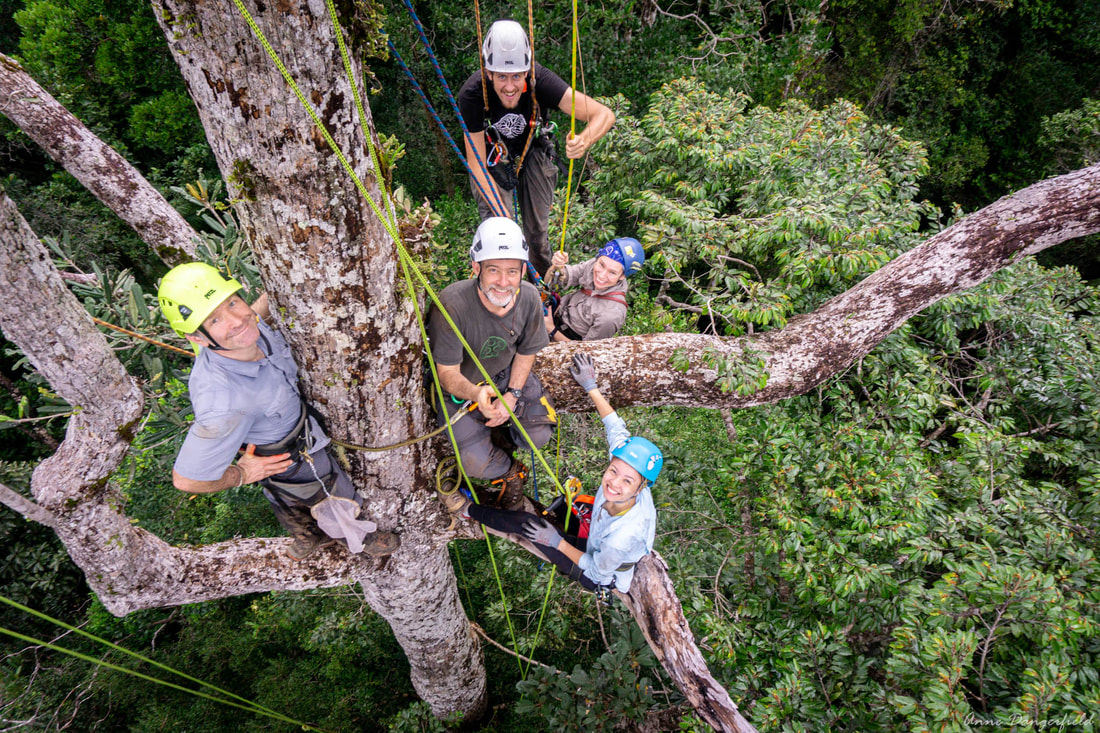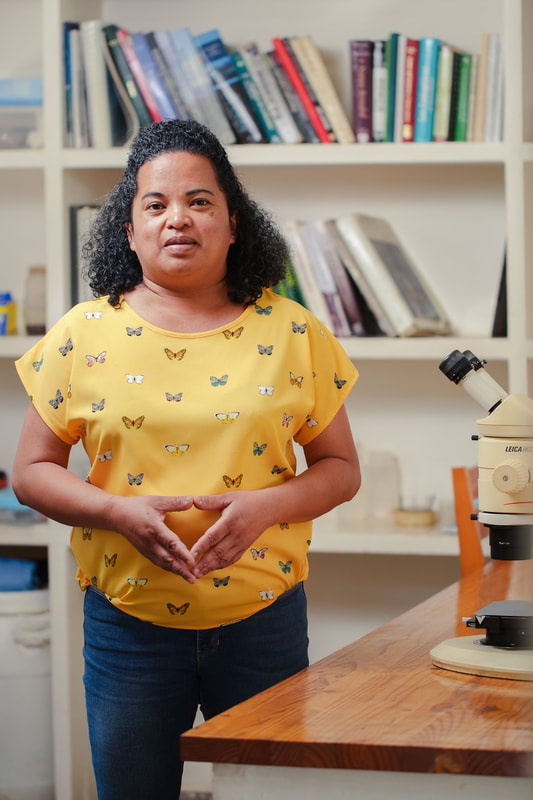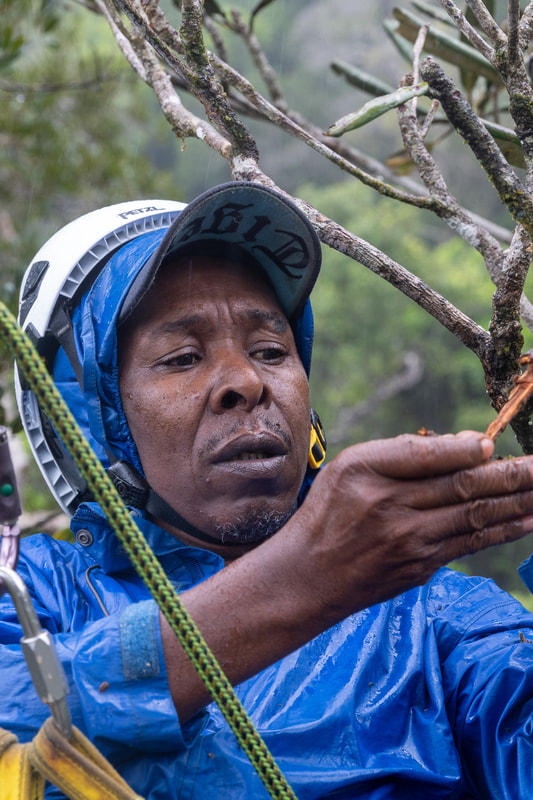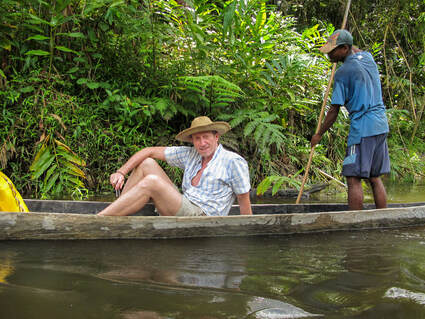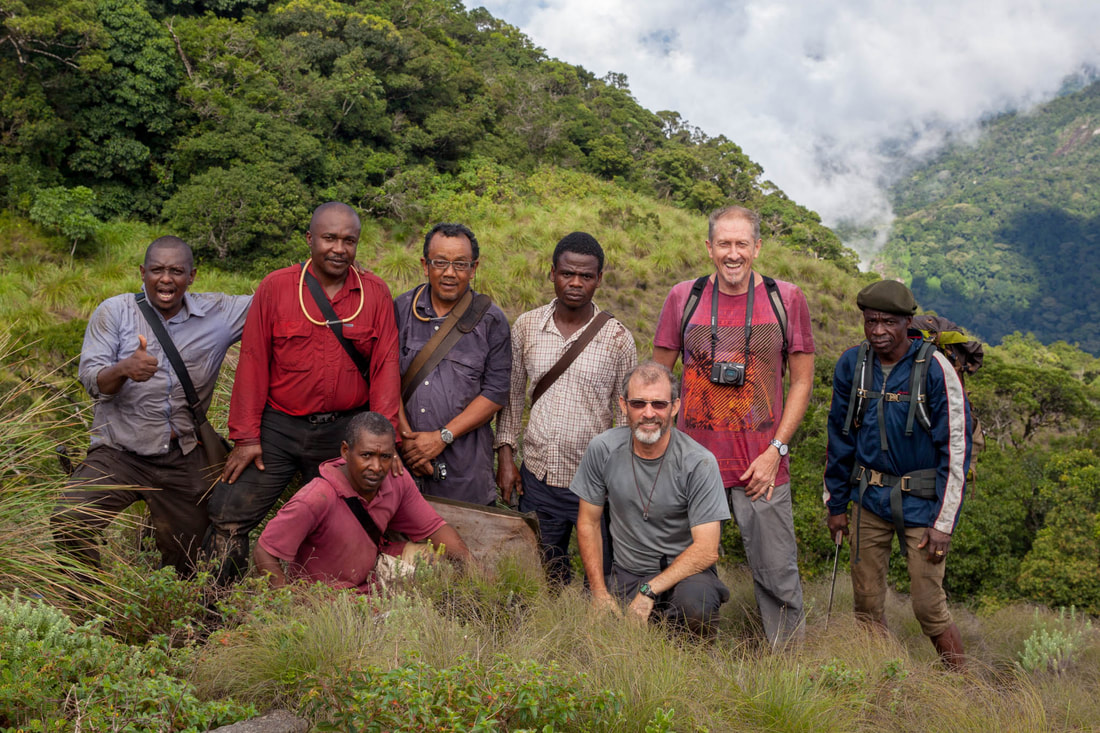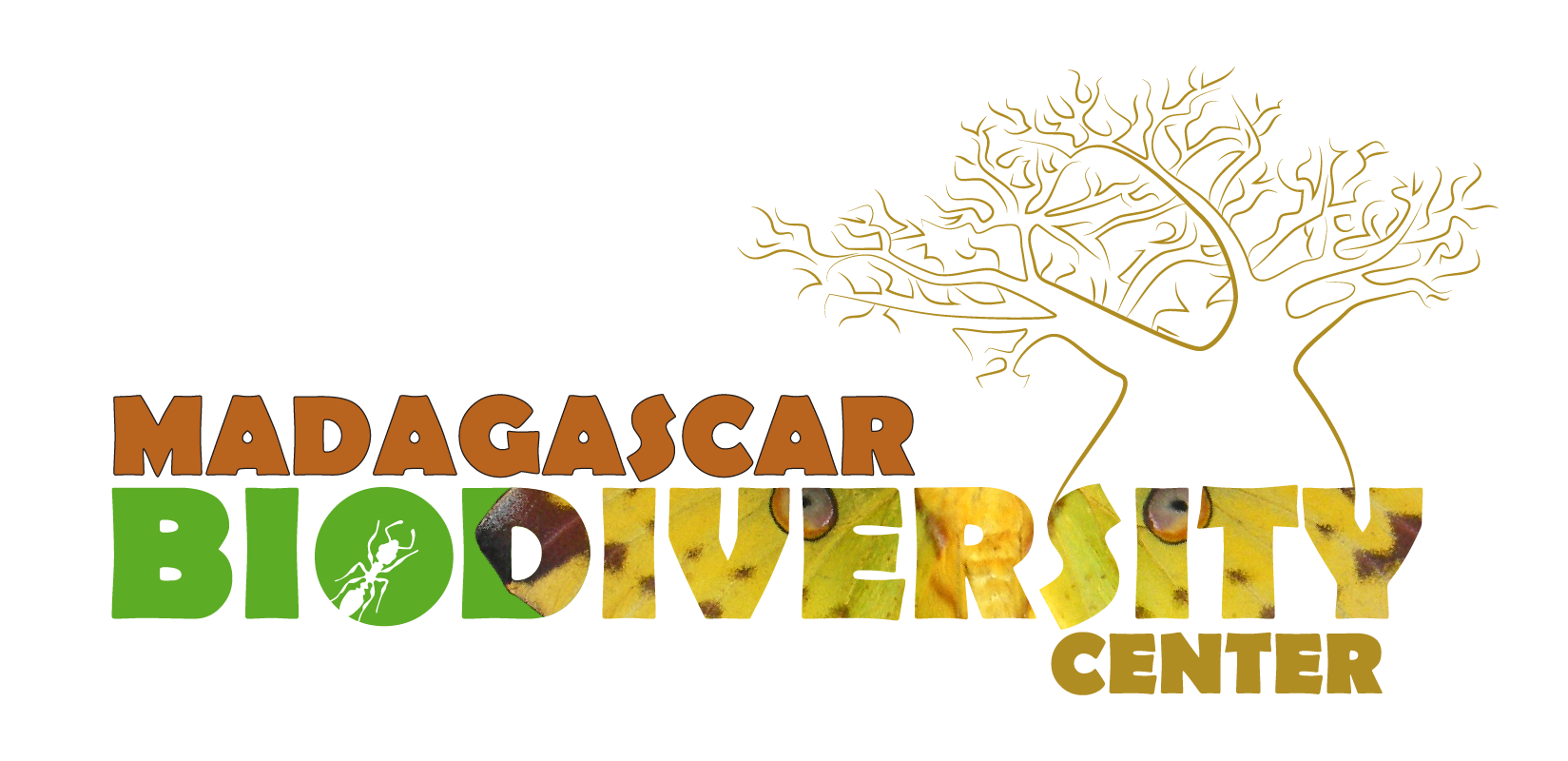Our research program takes field based collections to local conservation action
|
|
|
- Question 1: What arthropods occur on Madagascar and how is this diversity distributed?
- Question 2: What drivers and processes underpin arthropod diversity in the Malagasy region?
- Question 3: What arthropod diversity is under threat and what needs to be conserved to provide resilience to climate change?
- Question 4: Which arthropods contribute to important ecosystem services, sustainable livelihoods, food and feed and how do we manage and restore them?
Our Approach
1. Document and research arthropod diversity and its uses for humanity.
2. Provide data-rich evidence from our field collections for science and conservation.
3. Disseminate our scientific knowledge of arthropods, maximizing its impact in science, education, conservation policy and management in the Malagasy region.
2. Provide data-rich evidence from our field collections for science and conservation.
3. Disseminate our scientific knowledge of arthropods, maximizing its impact in science, education, conservation policy and management in the Malagasy region.
Exploration and Collections
Arthropod diversity is inherently a collection based science and required developing the National Entomology collection housed at MBC. MBC has an unrivaled wealth of scientific collections of arthropods. These collections, combined with the expertise of our collaborating scientists from around the world, provide data-rich evidence for addressing key scientific questions in arthropod science. Well managed, well curated and widely accessible collections are therefore crucial to the success of our science program and is a resource for science, policy and conservation.
|
Developed over the last 20 years, the strength and breadth of MBC’s field collections provide an unparalleled opportunity to understand arthropod diversity. MBC field collections and expertise are at the heart of the science program. In tandem with our research vision, we are developing our collection as the National Entomological collections to support long term access by a wide community of researchers.
The work of the collections program is focused in the following areas: |
- Ensuring representation of the arthropod diversity in Madagascar.
- Enhancing coverage of key biodiversity groups (ants, butterflies, dragonflies, edible insects).
- Further development of best practice in collection management in a tropical country.
- Digitization to increase access to, and use of, the collections.
- Integration of data with external information resources (for example, AntWeb, GBIF).
Identification and Names
Accurate taxonomy forms the bedrock on which all our science is based.
Priorities for the Identification and Naming:
- Continuing the regional inventory of species and the production of identification tools and species descriptions in collaboration with international partners.
- Working to complete a full account of known species for focal groups (ants) and to significantly increase the number of arthropods reported across the region.
- Driving forward new technologies for the discovery, description and identification of biodiversity.
- Improving the value of the environmental assessments and monitoring through optimizing accurate naming and curation.
- Improving the linkages between basic taxonomic knowledge of insects and its applications to conservation and ecosystem health.
- Developing user-friendly identification guides to key insect groups.
We document and understand arthropod diversity and its benefits and bring this expertise to restore and sustain ecosystems essential for human well-being.
We provide science-based tools to diagnose and understand some of the critical conservation and sustainability challenges facing life in Madagascar. Our collections-based research includes comparative studies in an evolutionary context, enabling the identification of new species, evaluation of conservation status, predictive assessments of the impacts of global change on species, populations and communities, and assessments of ecosystem health. The conservation science outcomes of MBC cannot happen without the investment in bioinformatics and spatial analysis of specimen data. Key research and program priorities include mapping and analyzing arthropod populations and communities at greatest environmental risk.
Working with IPSIO network partners, we generate tools to enable monitoring and evaluation of the status of Madagascar’s arthropods and protected areas. We are currently focused on:
- Provision of baseline science to underpin conservation policies for arthropods. Key activities comprise inventories, conservation assessments, mapping, collections and recommendations for conservation management.
- Conservation assessment and analysis is initially focusing at the species level, utilizing MBC’s field collections and employing novel techniques to scale-up the production of Red List assessments to better understand extinction risks in arthropods. Along with data on habitats, protected area networks and future climate scenarios, we will use spatial analytical methods to enable conservation prioritization of arthropods and ultimately a better understanding of the status of Madagascar’s ecosystems.
- In collaboration with international partners, undertaking phylogenetics using high-throughput sequencing technology (UCE) to ensure that conservation actions are based on sound genetic evidence.
